Udi Sommer
I am the Founding Head of the Barak Leadership Center at Tel Aviv University and professor of political science. I was the Founding Head of the Center for the Study of the United States with Fulbright. I have been a member of the Global Young Academy since 2019 and was Chairperson of the Israel Young Academy from 2018-2019. I co-chaired the Israeli Cyber Forum at Columbia University, while teaching political science at Columbia from 2016-18.
Get in touchAppears on:



My most recent book, published with Bloomsbury
The Emerging Republican Minorities: Racial and Ethnic Realignment in the Trump Era
How is it possible that Donald Trump, a champion of racist and anti-immigrant positions, has consistently attracted more minority voters since 2016? In research covered by the New York Times, the Washington Post, and Axios, The Emerging Republican Minorities capitalizes on comprehensive data from the presidential elections of 2012, 2016, 2020, and 2024. The book establishes that the three most heated debates of the Trump era—race, immigration, and China—shaped minority voting patterns, challenging a paradigm ascribing their automatic loyalty to the Democrats. The book informs the way we think not only about minority political behavior but also about democracy and its vitality in the Trump era.
learn more Purchase on Amazon Purchase on Barnes and Noble Purchase on Bloomsbury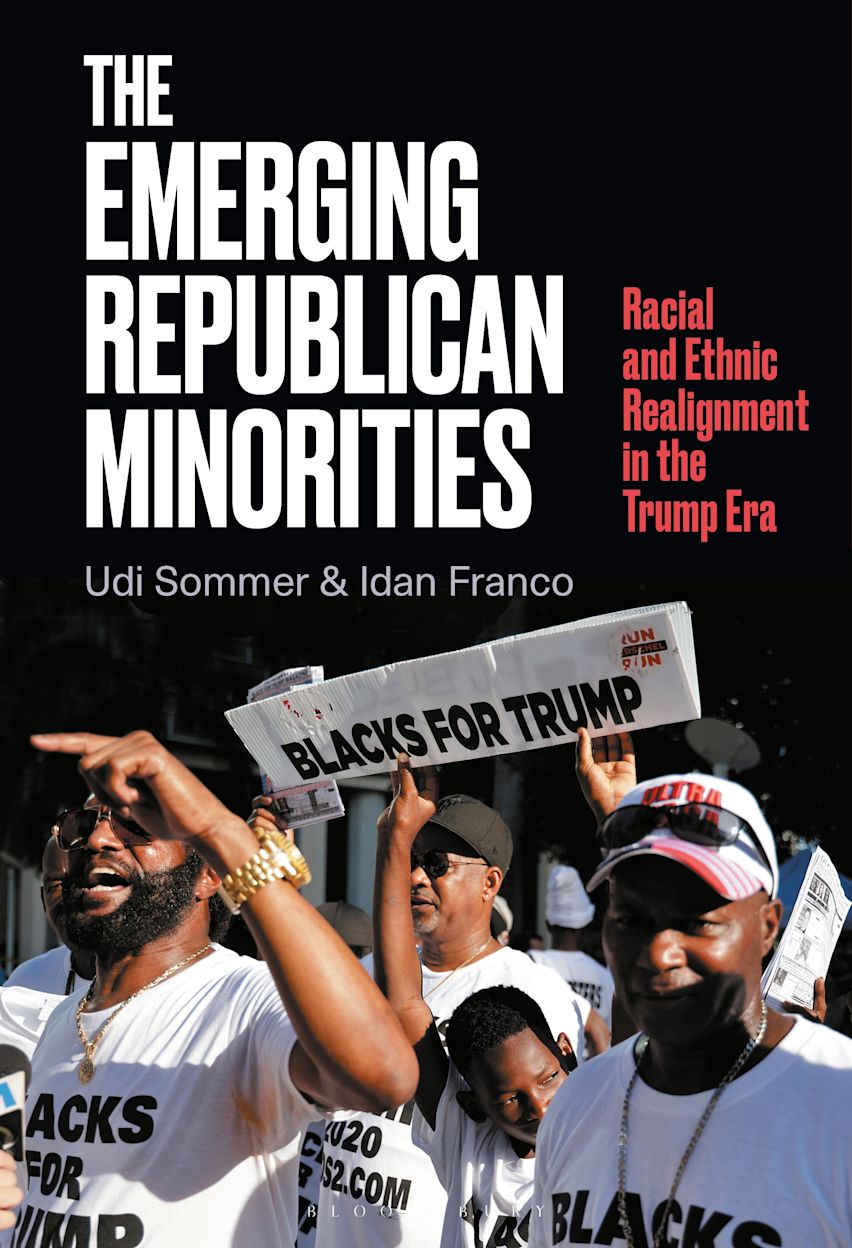
Media coverage of the research in The Emerging Republican Minorities

"Sommer
pointed out: A significant number of Black individuals hold views closer to
Clarence Thomas than to Ketanji Brown Jackson when it comes to their
perspectives on what it means to be African American. A notable number of
Latinos express anti-immigration sentiments. These voters not only struggle to
identify with how a progressive Democratic elite defines them but also feel
patronized."
Thomas B. Edsall,
New York Times, November 13
2024

"Black voters who backed Trump in 2020 were much
more likely than other Black Americans to be skeptical of the idea that Black
people suffer from systemic racism, according to researchers Udi Sommer and
Idan Franco of City University of New York and Northwestern, respectively. They
found Latino Trump voters are very wary of increased immigration in
America."
Perry Bacon Jr.,
The Washington Post, October 3 2023
Research Spotlight
Environmental
Peacebuilding: Moving beyond resolving Violence-Ridden conflicts to sustaining
peace
The literature on environmental peacebuilding (EP) is
focused on overcoming or preventing violent conflict using environmental
collaboration (EC), typically on common environmental issues between two or
more parties. When environmental peacebuilding focuses on international
conflicts, parties involved are mostly neighboring states. We examine whether
EP can be used in contexts where violence is not a major issue, and for other
purposes such as to sustain a peace agreement and reduce the existential threat
of climate change. We analyze EP between states with no contiguous borders,
which is critical around issues of climate change and international cooperation
on it. We highlight the importance of climate resilience for nations and
communities as a foundation for promoting lasting peace. EC between Israel and
the United Arab Emirates serves as our empirical test. Through expert
interviews and media analyses, we researched the multifaceted value of EC which
has the potential to lead to symbolic rapprochement between states, the
reduction of climate risks, and can ultimately move to substantial integration.
This could be applied to other climate change-affected and conflict-torn
regions, in the Middle East, North Africa, and beyond.
"Environmental
Peacebuilding: Moving beyond resolving Violence-Ridden conflicts to sustaining
peace".
U Sommer, F Fassbender
World Development 178, 106555, 2025

"The rise of responsible
behavior: Western commercial reports on Western cyber threat actors".
L Yoffe, E Matania, U Sommer
Contemporary Security Policy, 1-26, 2025

"Reconceptualizing the
1990s Judicial Revolution in Israel and its Implications for 2023-25".
2025.
U Sommer, R Colson, N Schmidt
Frontiers in Political Science 7, 1535824, 2025

Media Appearances
I regularly appear as an expert commentator on the Washington Post, WKGO San Francisco, Israeli TV Channels11, 12,, 13 & 14, Christian Science Monitor, ynet.co.il, Haaretz, Galatz Israeli Radio and Knesset TV Channel.
Israel weighs strike on Iran to ‘send a message’ while preserving alliance.
The Washington Post. April 15 2024.

Pressure builds on Netanyahu to advance Gaza cease-fire deal.
The Washington Post. June 1, 2024.

Israeli TV Ch. 12
May 28 2025.

Research Team
The Sommer Research Team at Tel Aviv University welcomes applications for graduate students at the masters and doctoral levels as well as post-Docs on a rolling basis. For inquiries, please email us at udi.sommer@gmail.com.
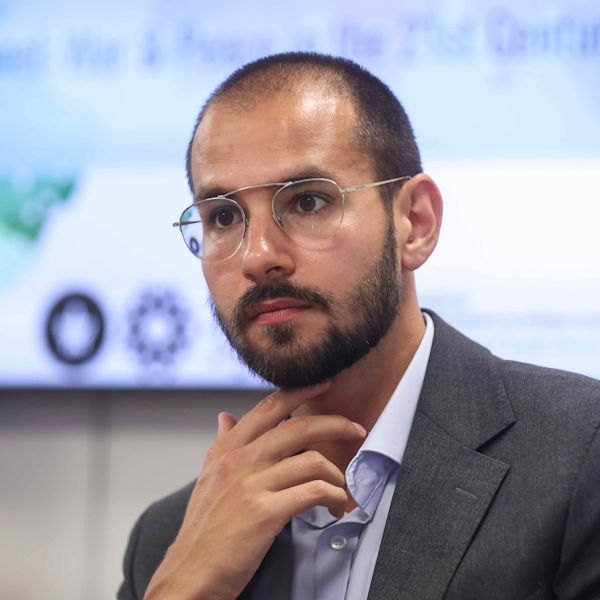
Petr Pesov
Conflicts as Processes: An Attempt at an Interdisciplinary Modern Conflict Typology
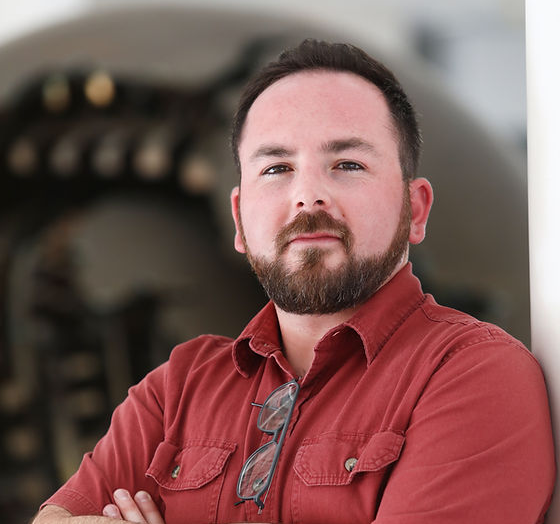
Idan Franco
Unfamiliar and surprising trends in the political behavior of minority groups.
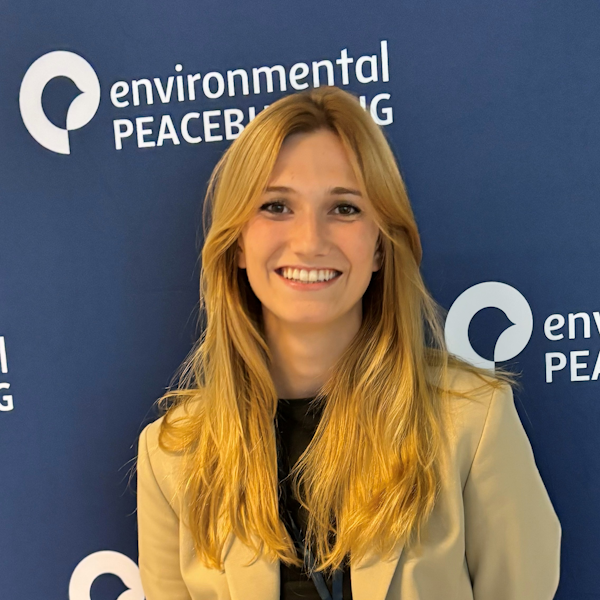
Francesca Fassbender
Environmental Peacebuilding and Conflict Resolution in the Middle East, Asia and South America
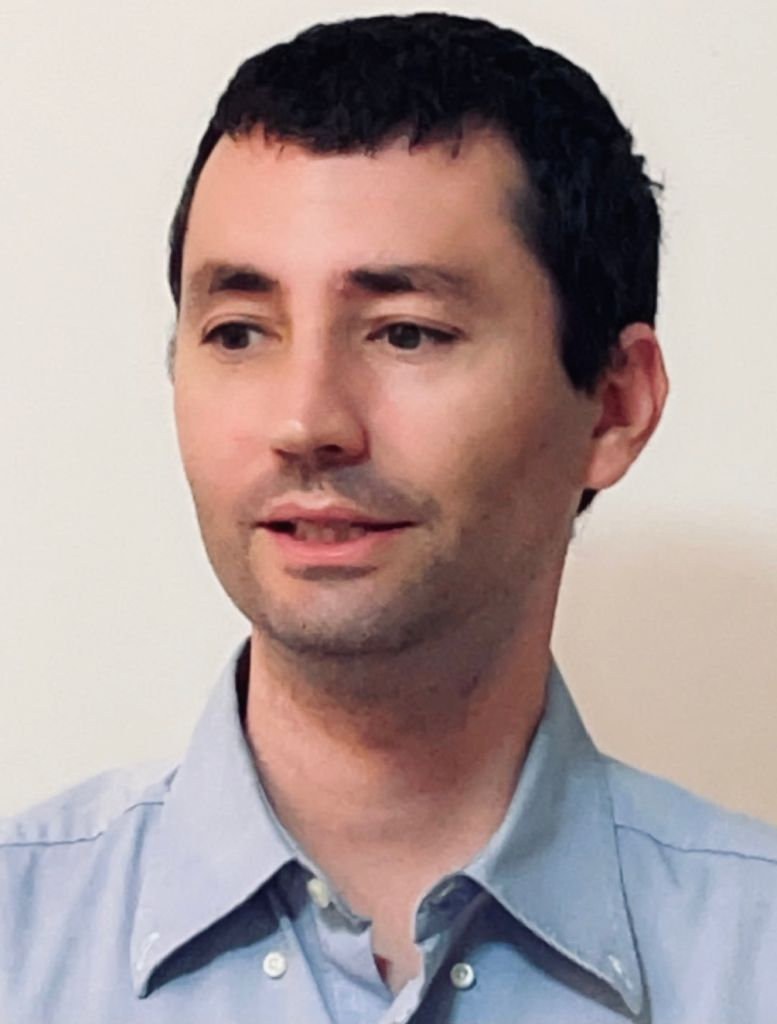
Lior Yoffe
The rise of responsible behavior and Western cyber threat actors

Or Rappel-Kroyzer
The influence of foreign funding on political activism on US Campuses
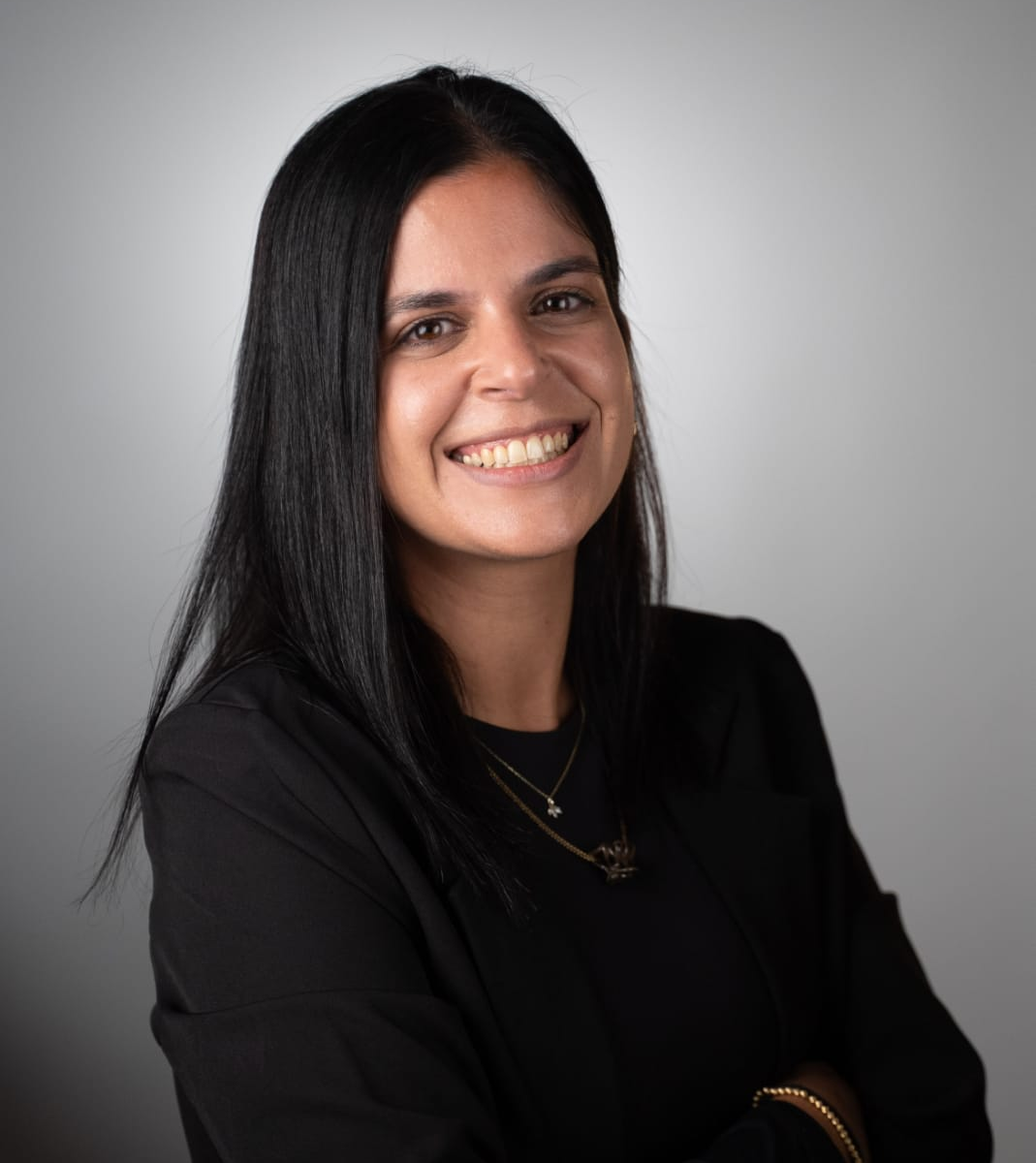
Maayan Ben Porat
The Money Trail: Foreign Funding to US Universities
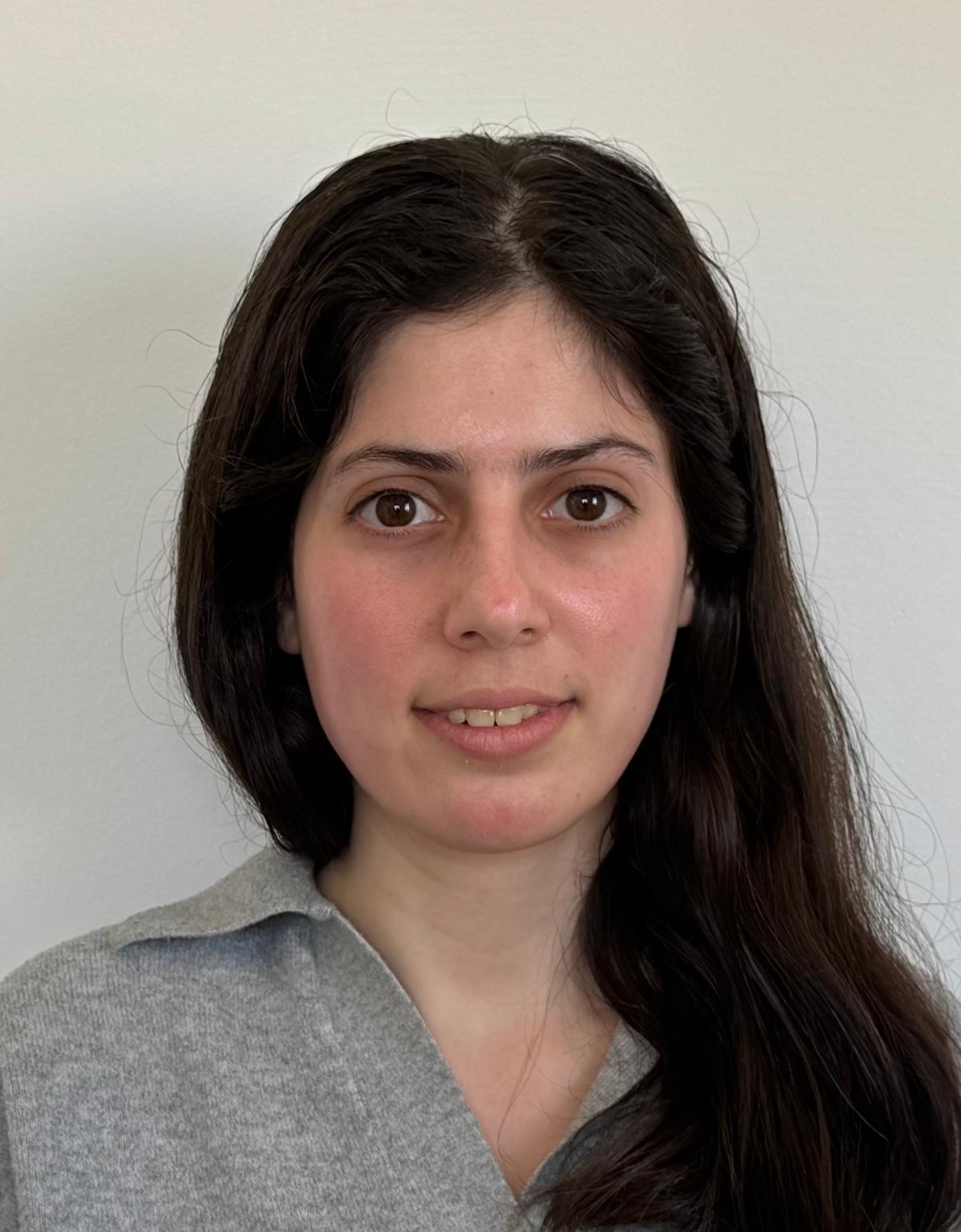
Shiri Kadishson Yanay
Behavioral Measures of Mass Polarization
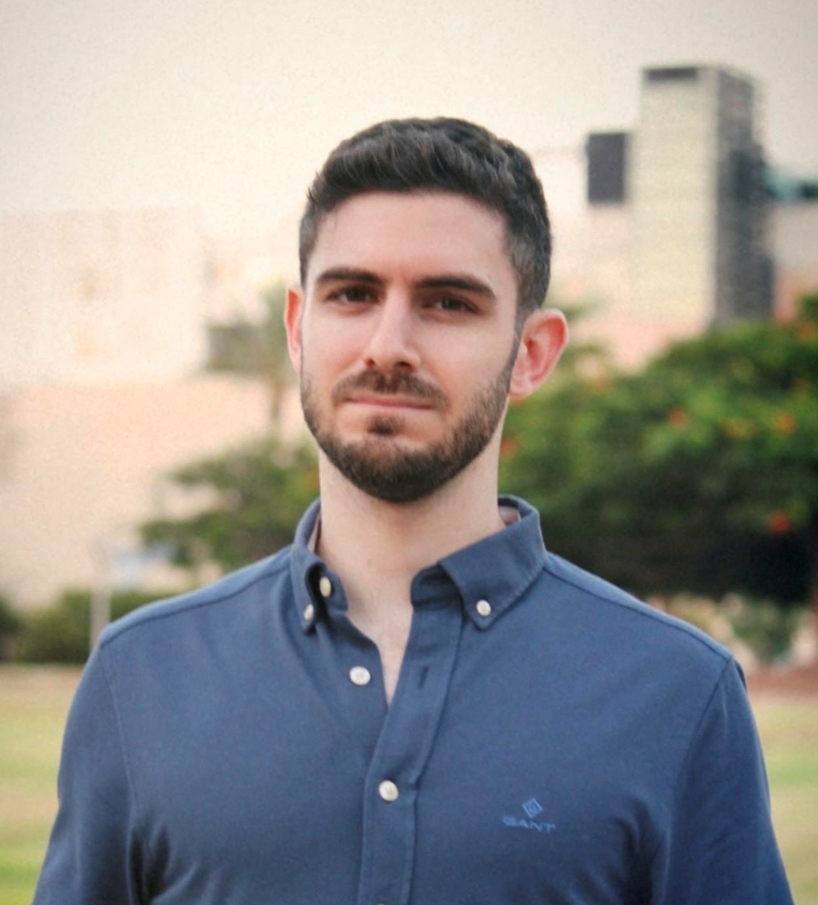
Roy Zilber
Technological Power
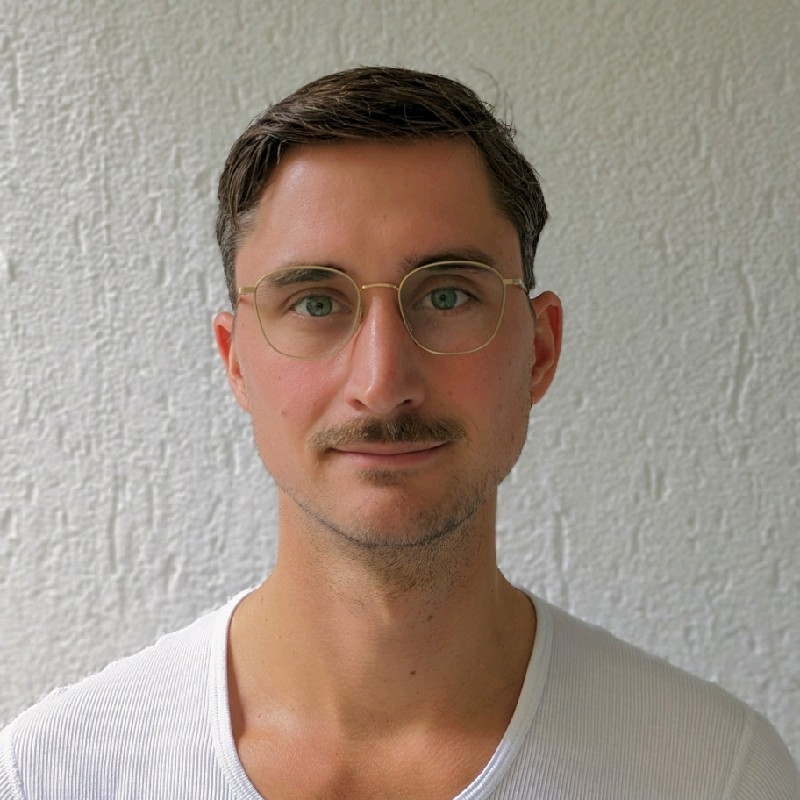
Max Goetz
Non-Domestic Reparations for Gross Violations of Human Rights in Comparative Perspective
Projects

The Barak Leadership Center
Our mission is to cultivate the leaders of today and tomorrow, thus meaningfully impact leadership in Israel, the Jewish World and the Middle East. The Barak Center is unique in its focus on national leadership, and in particular at the level of elected officials. The Center will train the next generation of Israeli national-level political leaders, enhance the capabilities of current Knesset members, and offer a positive vision and practical routes for young leaders in the Middle East and in the Jewish world who seek to impact the future of the region. Furthermore, the Center promotes cutting edge research, convenes an annual leadership conference, and using artificial intelligence makes scholarship on leadership available to decisionmakers and the public at large.
Environmental Peacebuilding: Moving beyond resolving Violence-Ridden conflicts to sustaining peace
The literature on environmental peacebuilding (EP) is focused on overcoming or preventing violent conflict using environmental collaboration (EC), typically on common environmental issues between two or more parties. When environmental peacebuilding focuses on international conflicts, parties involved are mostly neighboring states. We examine whether EP can be used in contexts where violence is not a major issue, and for other purposes such as to sustain a peace agreement and reduce the existential threat of climate change. We analyze EP between states with no contiguous borders, which is critical around issues of climate change and international cooperation on it. We highlight the importance of climate resilience for nations and communities as a foundation for promoting lasting peace. EC between Israel and the United Arab Emirates serves as our empirical test. Through expert interviews and media analyses, we researched the multifaceted value of EC which has the potential to lead to symbolic rapprochement between states, the reduction of climate risks, and can ultimately move to substantial integration. This could be applied to other climate change-affected and conflict-torn regions, in the Middle East, North Africa, and beyond.
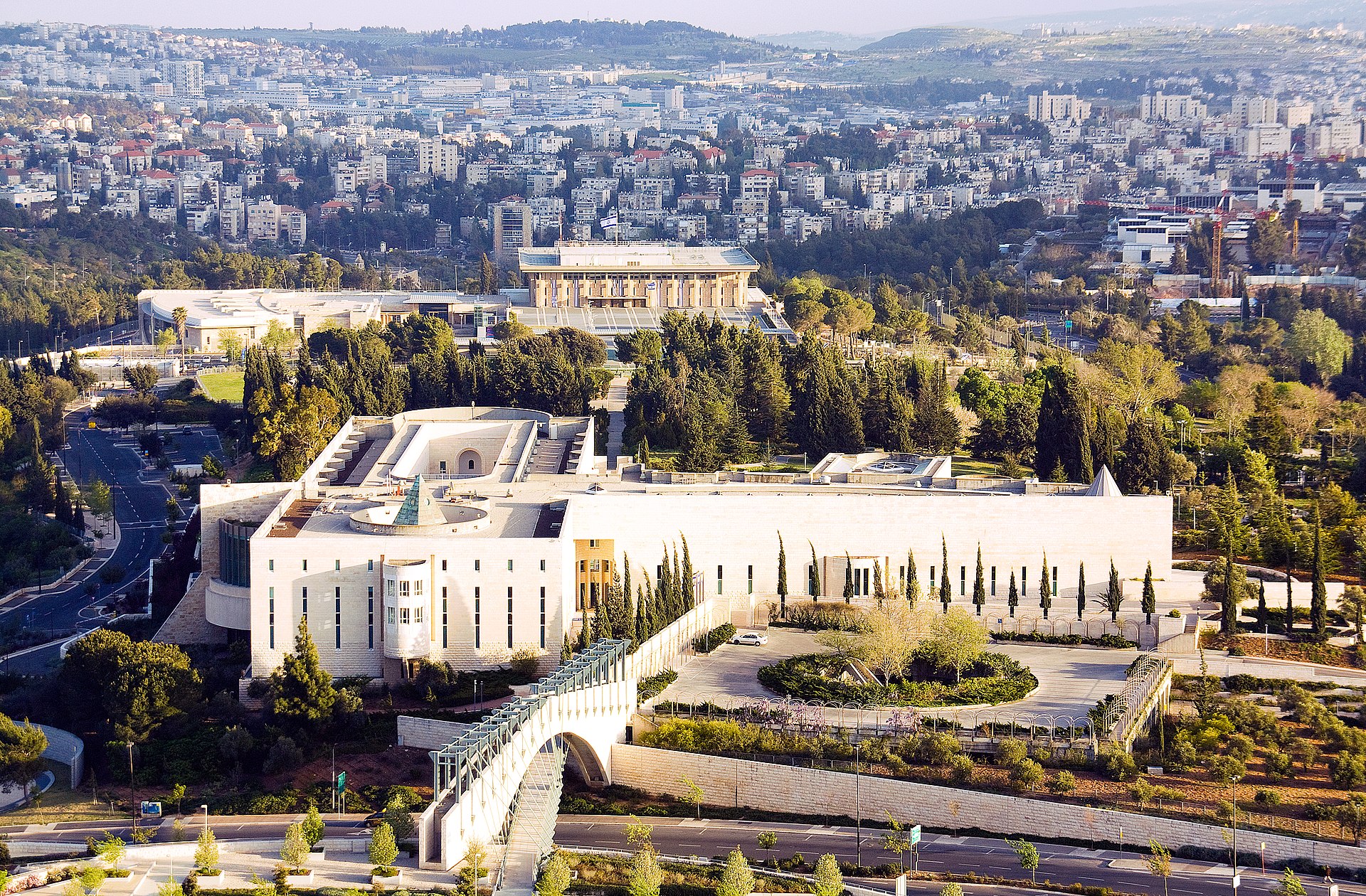
Reconceptualizing the 1990s Judicial Revolution in Israel and its Implications for 2023-25
The proposed judicial reform of 2023 is often framed as a countermovement to the judicial revolution of the 1990s. In this narrative, Chief Justice Aharon Barak, along with other Supreme Court justices, led a top-down transformation that established the court as a dominant institution, driven by the ambition—and perhaps the ego—of those on the judicial bench. If this interpretation were accurate, the 2023 reform could be viewed as a legitimate and necessary step to restore popular sovereignty and counter what might be seen as an overreach of judicial power. We reject this account and argue that the key to understanding these developments lies in the enduring tension between the Jewish and democratic components of Israel’s identity, a conflict evident as early as the Proclamation of Independence. Instead, we argue and empirically demonstrate how the changes of the 1990s were less about judicial ambition and more about the local response to a global shift triggered by the end of the Cold War. During this period, Israelis—across political elites and the broader public—sought alignment with the Cold War victors: Western liberal democracies. This alignment motivated a broad push to enhance the democratic dimensions of the nation’s identity, often at the expense of its Jewish elements. Drawing on extensive empirical evidence, including legislative committee debates, political speeches, and patterns of ratifications of international treaties by the Knesset, we demonstrate that this shift was not the product of judicial machinations but rather a reflection of the era’s historical and global dynamics. Framing the changes of the 1990s in this light fundamentally alters our understanding of the 2023 judicial reform. It challenges the popular—and often populist—narrative justifying the reform and reveals it as a response to a much deeper historical process rather than a simple correction of judicial overreach.
Get in touch
Udi Sommer
Full Professor of Political Science
linkedin
Google scholar
SSRN
Tel Aviv University, Naftali 522
Ramat Aviv, Tel Aviv, ISRAEL
WhatsApp and Phone +(972)547137053
